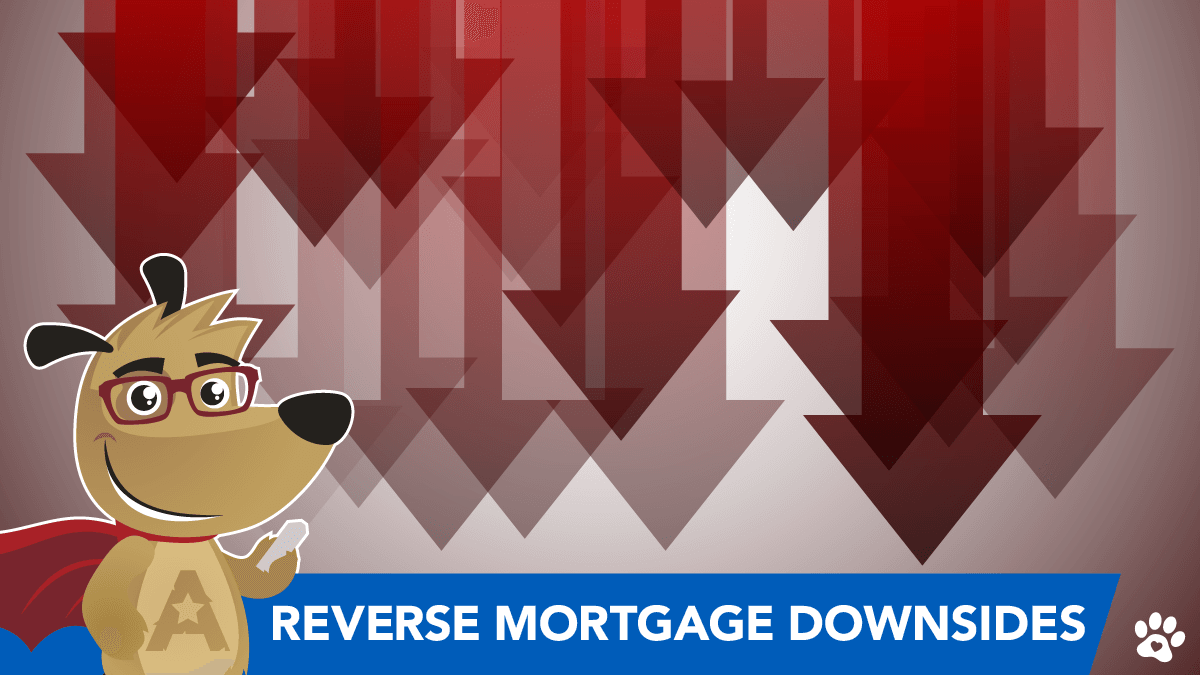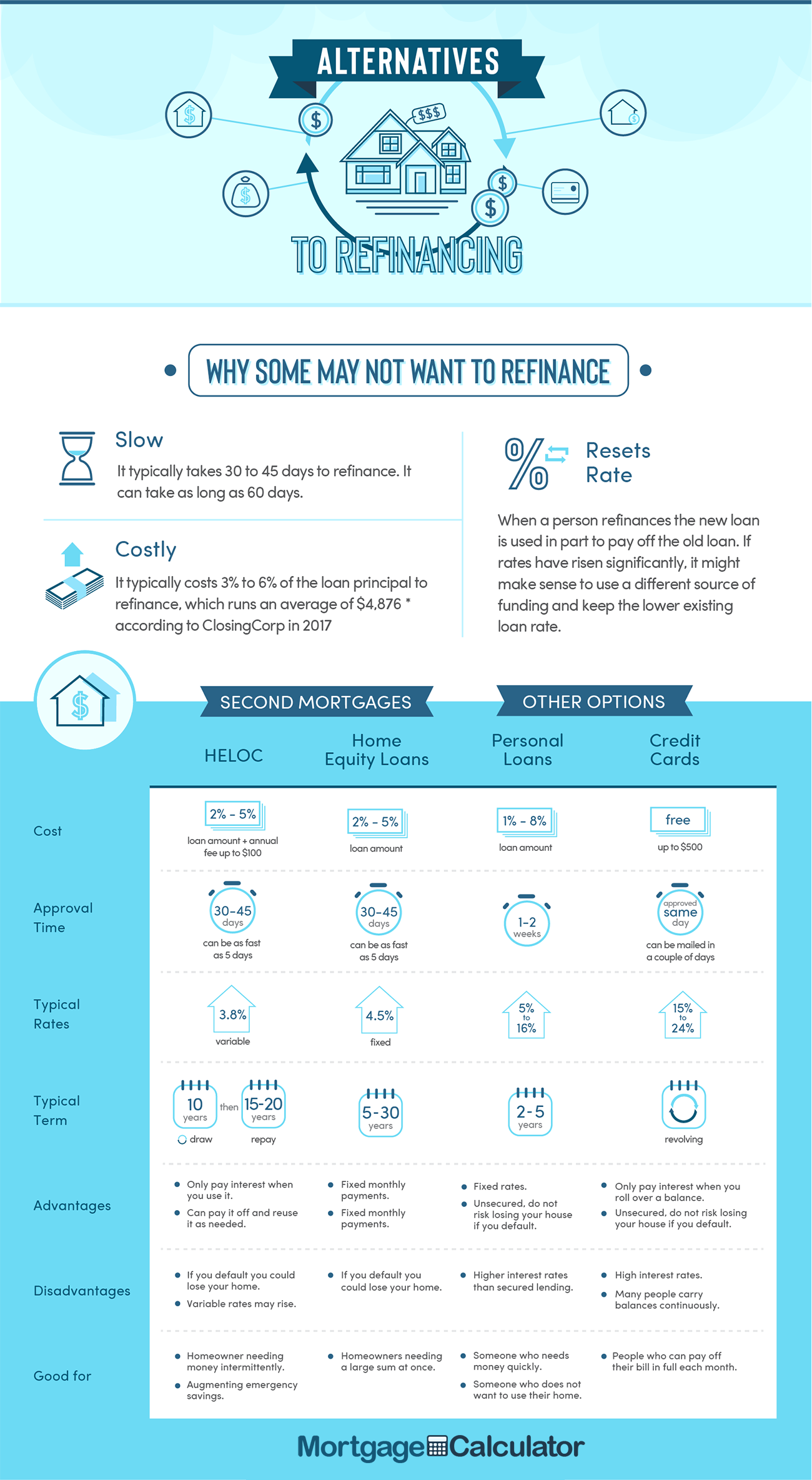A home mortgage is a debt instrument, protected by the security of defined realty residential or commercial property, that the debtor is obliged to pay back with a fixed set of payments. Mortgages are likewise referred to as "liens against residential or commercial property" or "claims on property." With a fixed-rate mortgage, the borrower pays the exact same rates of interest for the life of the loan.
Individuals and services use home loans to make big realty purchases without paying the entire purchase rate in advance. Over several years, the customer repays the loan, plus interest, till she or he owns the residential or commercial property complimentary and clear. Home loans are likewise known as "liens against property" or "claims on home." If the borrower stops paying the home mortgage, the lender can foreclose.
In a domestic mortgage, a homebuyer pledges their house to the bank or other type of lending institution, which has a claim on the home should the homebuyer default on paying the home loan. In the case of a foreclosure, the lender may kick out the home's tenants and offer the house, using the earnings from the sale to https://zenwriting.net/mothin0xvl/origination-points-on-the-other-hand-are-lending-institution-charges-that-are clear the mortgage debt.

The most popular home loans are a 30-year set and a 15-year fixed. Some mortgages can be as short as five years; some can be 40 years or longer. Extending payments over more years lowers the regular monthly payment but increases the quantity of interest to pay. With a fixed-rate home mortgage, the borrower pays the very same rate of interest for the life of the loan.
If market interest rates increase, the debtor's payment does not alter. If rate of interest drop significantly, the borrower may be able to secure that lower rate by refinancing the mortgage. A fixed-rate home loan is likewise called a "conventional" home mortgage. With an adjustable-rate home mortgage (ARM), the rates of interest is repaired for an initial term then varies with market rate of interest.

If rates of interest increase later on, the debtor might not be able to afford the greater monthly payments. Rate of interest could also reduce, making an ARM cheaper. In either case, the month-to-month payments are unpredictable after the initial term. Home loans are used by people and companies to make big real estate purchases without paying the whole purchase cost up front.
10 Easy Facts About How Do Mortgages Work In Portugal Described
Many property owners entered financial trouble with these kinds of home loans throughout the housing bubble of the early 2000s. Most mortgages utilized to purchase a house are forward home mortgages. A reverse home mortgage is for homeowners 62 or older who seek to transform part of the equity in their houses into money.
The whole loan balance becomes due and payable when the customer passes away, moves away completely, or offers the home. Among major banks offering mortgage are Wells Fargo, JPMorgan Chase, and Bank of America. Banks used to be essentially the only source of home loans (how reverse mortgages work). Today a blossoming share of the lending institution market includes non-banks such as Quicken Loans, loanDepot, SoFi, Calber House Loans, and United Wholesale Home Mortgage.
These tools can likewise assist compute the total cost of interest over the life of the mortgage, to give you a clearer concept of what a property will really cost. how do balloon mortgages work. The home mortgage servicer may likewise set up an escrow account, aka a take account, to pay specific property-related expenses. The cash that goes into the account originates from a part of the month-to-month home mortgage payment.
Consumer Financial Defense Bureau - how home mortgages work. Home loans, possibly more than any other loans, included a lot of variables, beginning with what need to be paid back and when. Homebuyers must work with a home loan specialist to get the best deal on what might be among the greatest investments of their lives.
When you shop for a house, you might hear a little industry terminology you're not knowledgeable about. We've developed an easy-to-understand directory site of the most typical mortgage terms. Part of each monthly home mortgage payment will approach paying interest to your loan provider, while another part approaches paying down your loan balance (likewise called your loan's principal).
Throughout the earlier years, a greater portion of your payment approaches interest. As time goes on, more of your payment approaches paying for the balance of your loan. The deposit is the cash you pay upfront to purchase a home. In the majority of cases, you have to put cash to get a home loan.
Fascination About What Work Is Mortgages?
For instance, traditional loans require as low as 3% down, however you'll have to pay a regular monthly cost (known as private mortgage insurance) to compensate for the small down payment. On the other hand, if you put 20% down, you 'd likely get a much better interest rate, and you would not need to spend for personal home loan insurance coverage.
Part of owning a home is paying for real estate tax and homeowners insurance coverage. To make it simple for you, lending institutions established an escrow account to pay these expenses. Your escrow account is handled by your lender and operates sort of like a bank account. No mcdowell and walker sidney one earns interest on the funds held there, however the account is utilized to collect cash so your lender can send out payments for your taxes and insurance coverage on your behalf.
Not all mortgages come with an escrow account. If your loan does not have one, you need to pay your real estate tax and homeowners insurance coverage bills yourself. Nevertheless, many loan providers provide this choice since it permits them to ensure the property tax and insurance bills earn money. If your deposit is less than 20%, an escrow account is required.
Remember that the quantity of money you require in your escrow account depends on how much your insurance and property taxes are each year. And considering that these expenditures may alter year to year, your escrow payment will alter, too. That suggests your monthly home mortgage payment might increase or decrease.
There are two types of home loan interest rates: fixed rates and adjustable rates. Repaired interest rates remain the same for the entire length of your home mortgage. If you have a 30-year fixed-rate loan with a 4% interest rate, you'll pay 4% interest until you pay off or refinance your loan.
Adjustable rates are rate of interest that alter based on the marketplace. Many adjustable rate home loans start with a fixed rate of interest duration, which typically lasts 5, 7 or ten years. Throughout this time, your interest rate stays the same. After your fixed interest rate period ends, your interest rate adjusts up or down once each year, according to the marketplace.
The Greatest Guide To How Do Cash Back Mortgages Work In Canada
ARMs are best for some debtors. If you plan to move or re-finance prior to completion of your fixed-rate period, an adjustable rate home mortgage can provide you access to lower rates of interest than you 'd typically find with a fixed-rate loan. The loan servicer is the business that's in charge of offering month-to-month mortgage declarations, processing payments, handling your escrow account and responding to your questions.
Lenders may sell the maintenance rights of your loan and you might not get to pick who services your loan. There are lots of kinds of mortgage. Each features different requirements, rates of interest and benefits. Here are a few of the most typical types you may become aware of when you're using for a home loan.